Elon Musk Neuralink Implant: Neuralink’s Blindsight was designated as a ‘breakthrough device’ by the US FDA last year.


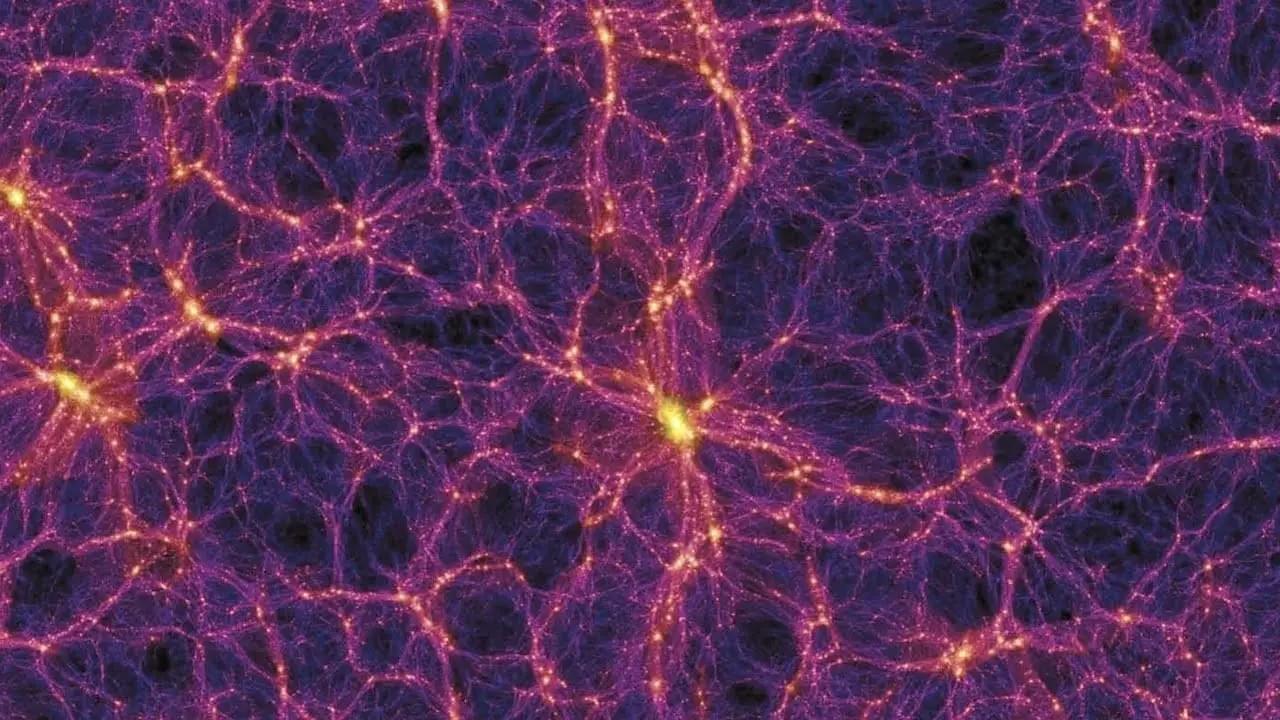
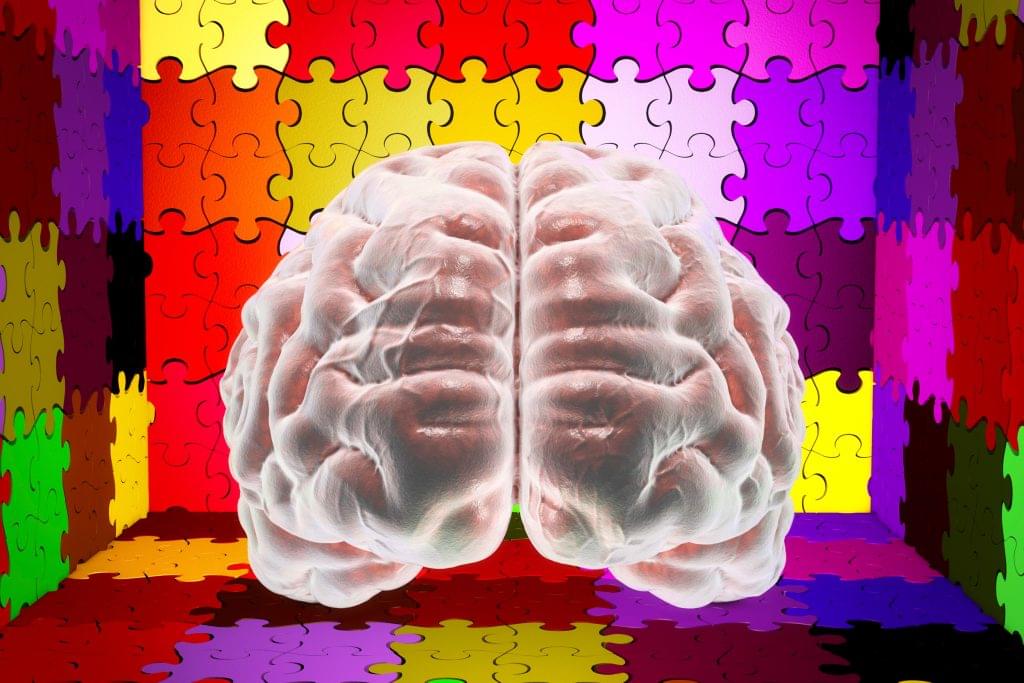
Scientists at Wenzhou Medical University and Xiamen University have shown how autism symptoms in mice arise when a certain pair of competing nerve proteins falls out of equilibrium. The results of the team’s study, reported in PLOS Biology could point to potential therapeutic approaches for autism spectrum disorder (ASD). In their paper, titled “Mdfa2 deficiency leads to an aberrant activation of BDNF/TrkB signaling that underlies autism-relevant synaptic and behavioral changes in mice,” research leads Dongdong Zhao, PhD, at Wenzhou Medical University, and Yun-wu Zhang, PhD, at Xiamen University, and colleagues concluded that their findings “highlight a novel MDGA2-BDNF/TrkB-dependent mechanism underlying the synaptic function regulation, which may become a therapeutic target for ASD.”
Autism spectrum disorder is a complex neurodevelopmental disorder with its onset in early childhood, the authors noted. The disorder is characterized by reduced social interaction, increased stereotypic repetitive behavior, and altered cognition. “The prevalence of ASD has increased significantly in recent years, with approximately 1% of the world population considered to have the disorder,” the team noted. “Despite growing efforts devoted to this field, the etiology of ASD has yet to be fully elucidated.”
Previous research has linked certain genetic factors to ASD, including many associated with neuron activity, but it remains unclear exactly how these factors are related. “So far, identified genes only explain a portion of ASD occurrence,” the investigators continued. “Identifying additional ASD-associated genes and revealing the underlying mechanisms should provide new insights into the pathogenesis of ASD and its treatment strategies.”
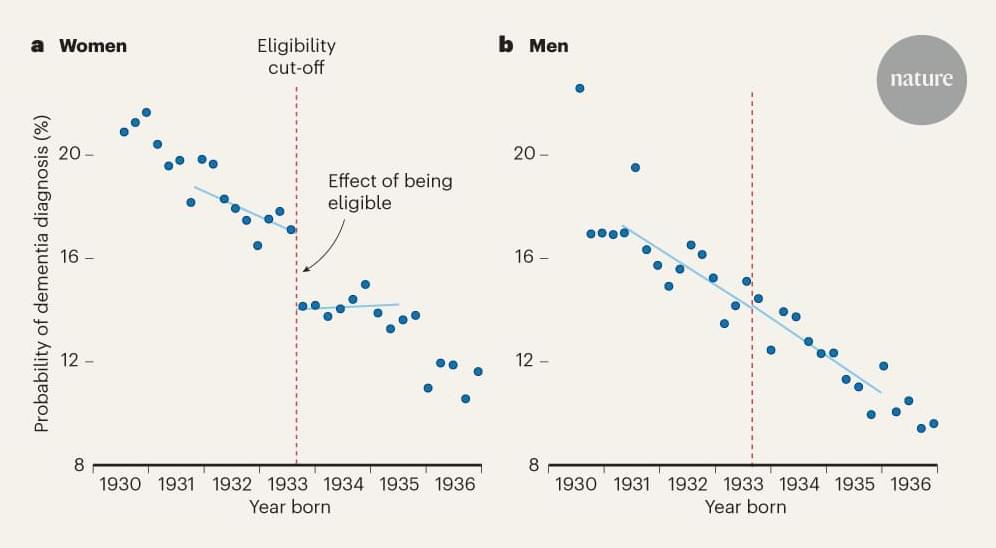
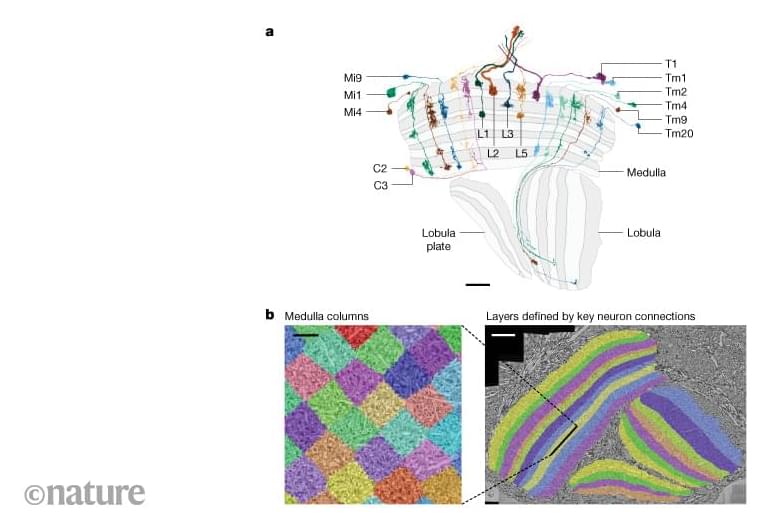
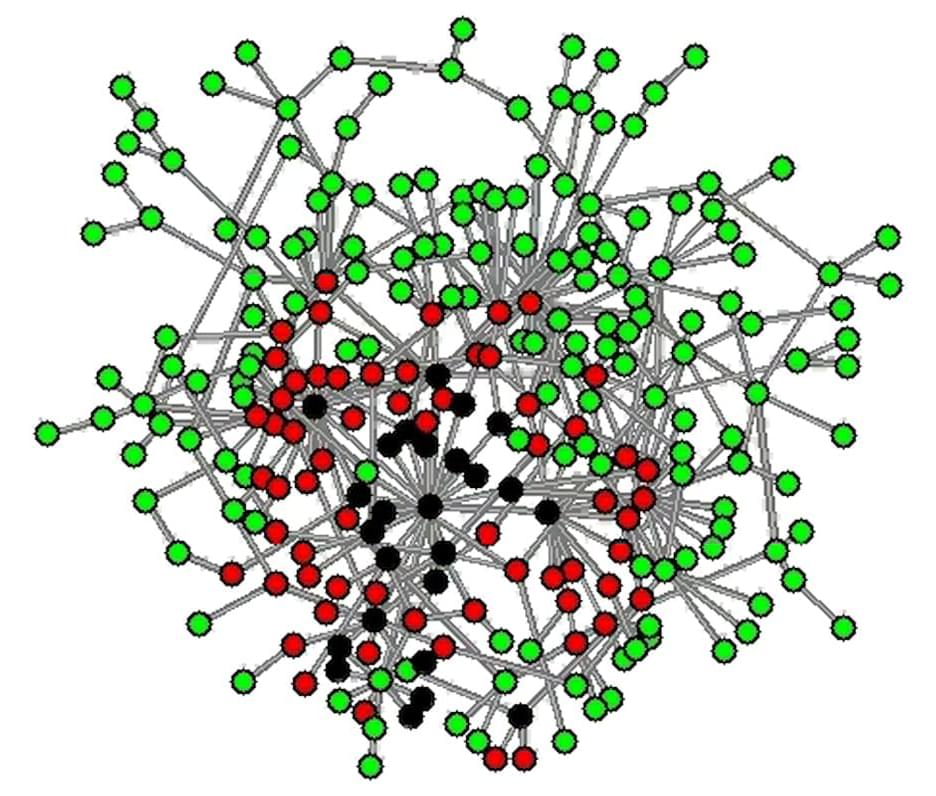
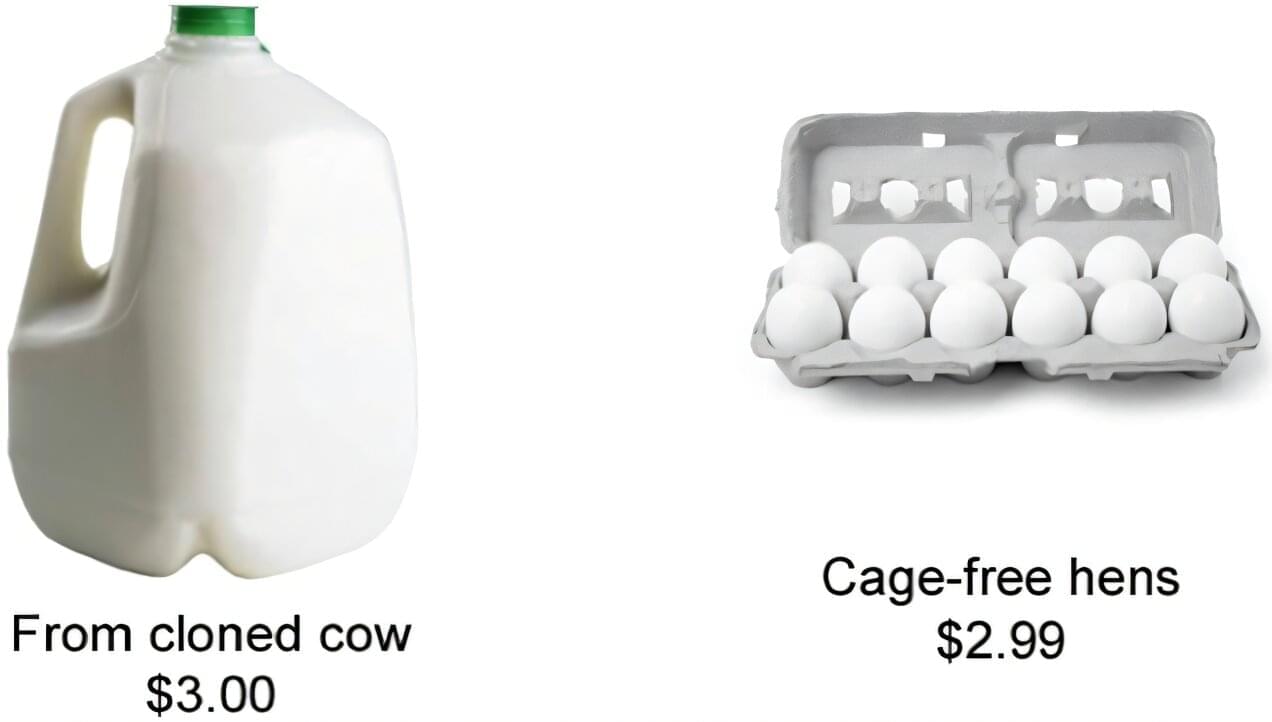
A new study reveals that how your brain reacts to food purchasing decisions can be used to determine your political affiliation with almost 80% accuracy.
Researchers from Iowa State University, the University of Kansas Medical Center, Oklahoma State University, and the University of Exeter in England used brain imaging techniques to examine adults purchasing eggs and milk with various prices and produced in different ways.
Interestingly, the purchases did not significantly differ by the adults’ political party. What differed by political affiliation, were the areas of the brain that were active during the purchases. The study is published in the journal Politics and the Life Sciences.
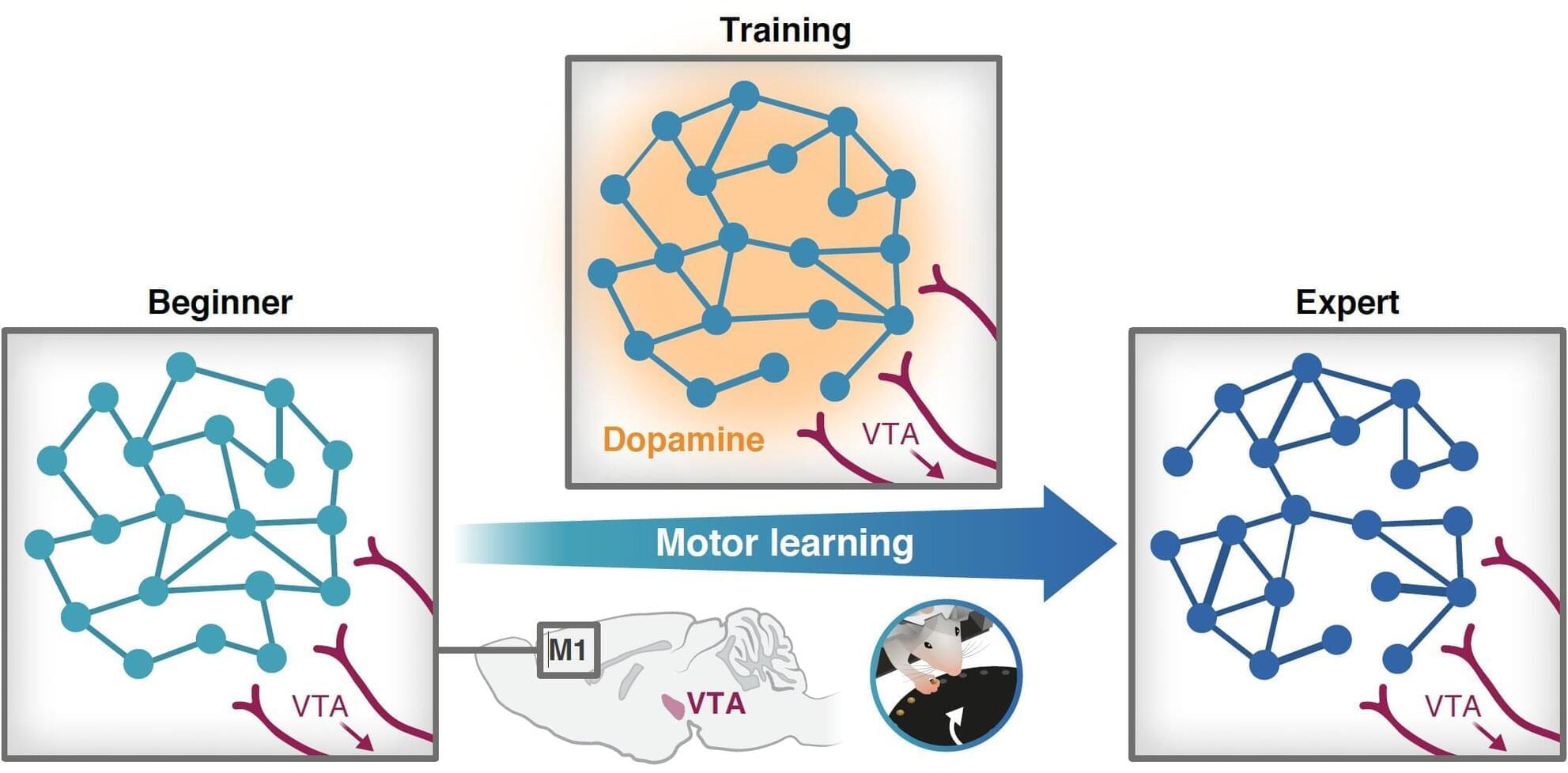
A new interdisciplinary study by researchers from the Ruth and Bruce Rappaport Faculty of Medicine and the Andrew and Erna Viterbi Faculty of Electrical and Computer Engineering at the Technion reveals a surprising insight: local release of dopamine—a molecule best known for its role in the brain’s reward system—is a key factor in acquiring new motor skills

Scientists studying mice have uncovered a delicate protein rivalry in the brain that, when thrown off balance, may cause autism-like behaviors.
This discovery opens up a potentially powerful new path for autism treatment by targeting how nerve signals are regulated at the molecular level.
Protein imbalance tied to autism symptoms.
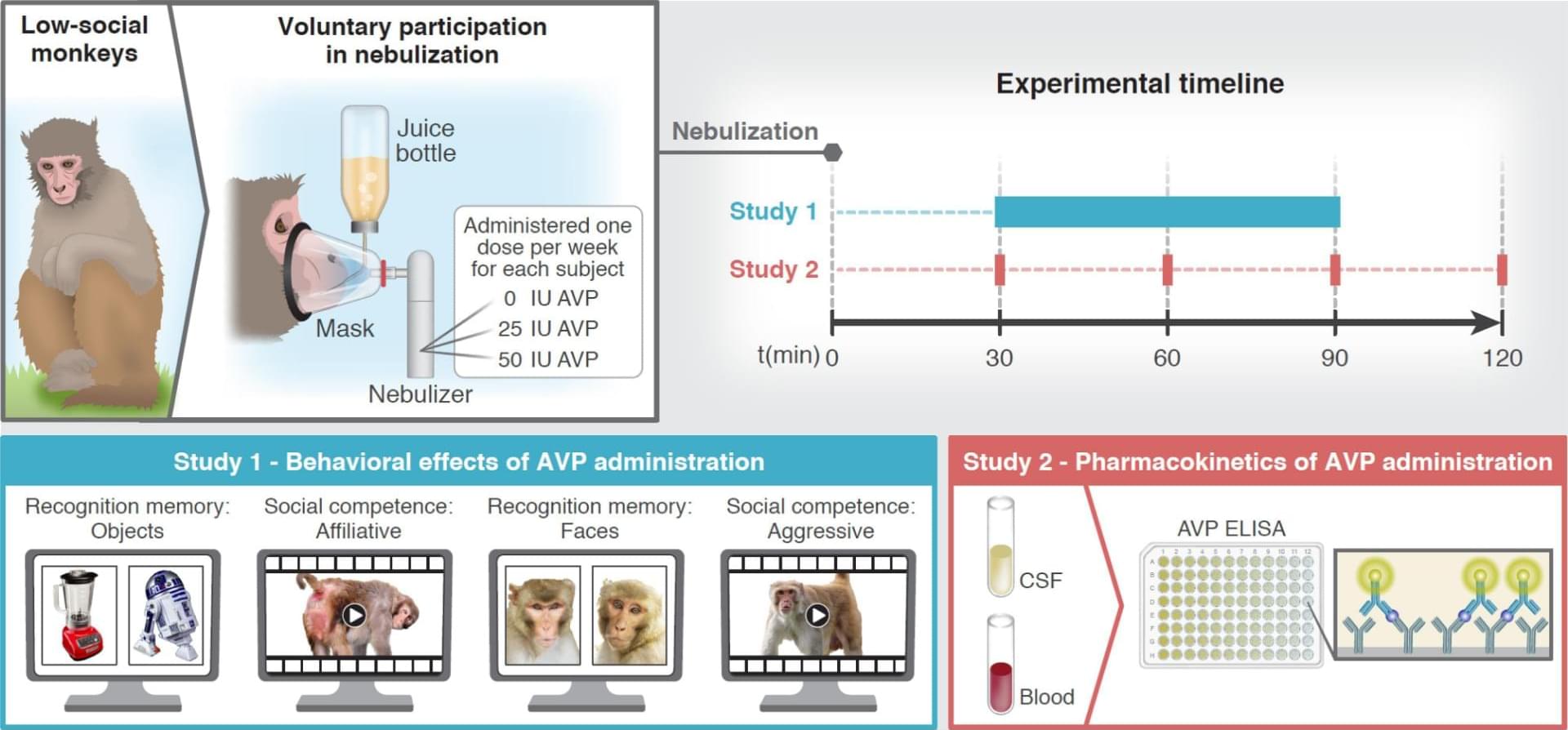
I very much enjoyed reading this nicely done preclinical study on using nebulized vasopressin to improve social cognition in low-sociality rhesus monkeys. Reading about their study design in particular was highly informative/educational! #preclinical #medicine #biomedicine
Low cerebrospinal (CSF) arginine vasopressin (AVP) concentration is a biomarker of social impairment in low-social monkeys and children with autism, suggesting that AVP administration may improve primate social functioning. However, AVP administration also increases aggression, at least in “neurotypical” animals with intact AVP signaling. Here, we tested the effects of a voluntary drug administration method in low-social male rhesus monkeys with high autistic-like trait burden. Monkeys received nebulized AVP or placebo, using a within-subjects design. Study 1 (N = 8) investigated the effects of AVP administration on social cognition in two tests comparing responses to social versus nonsocial stimuli. Test 1: Placebo-administered monkeys lacked face recognition memory, whereas face recognition memory was “rescued” following AVP administration.